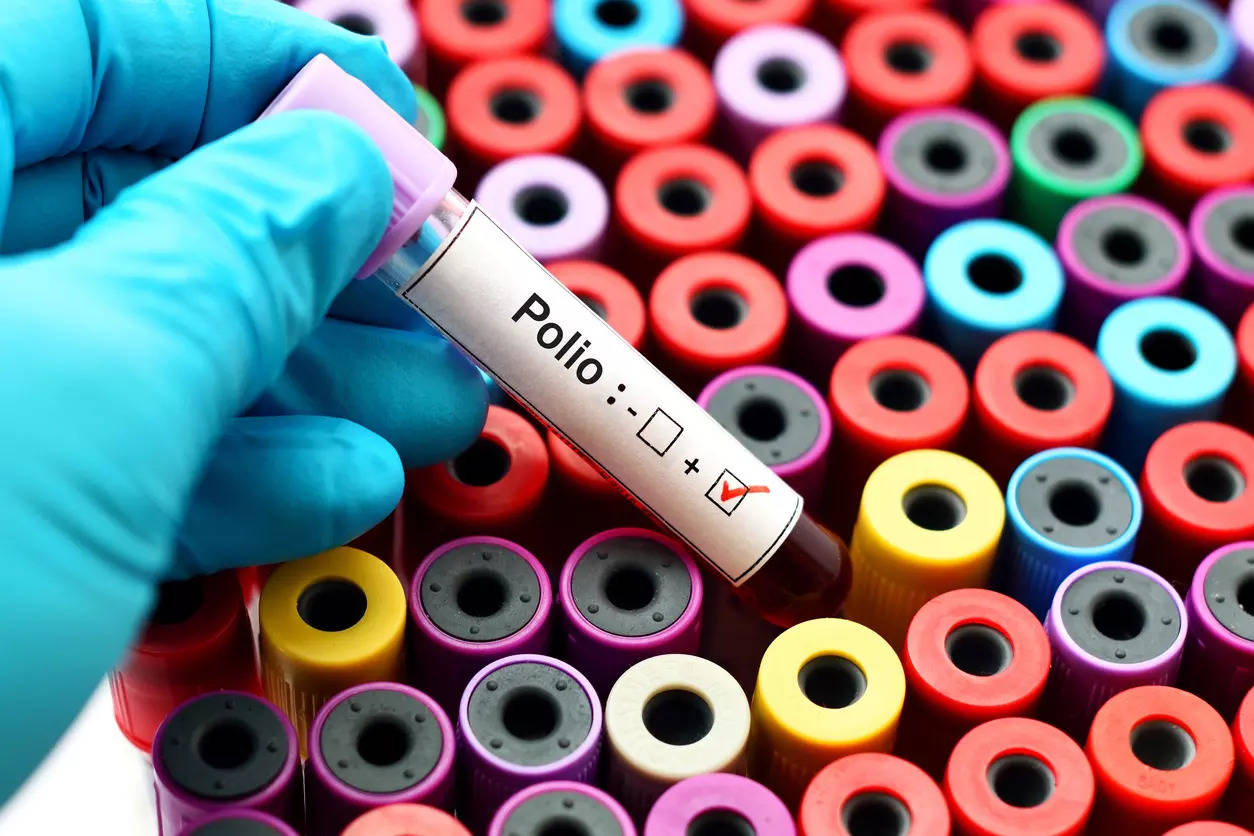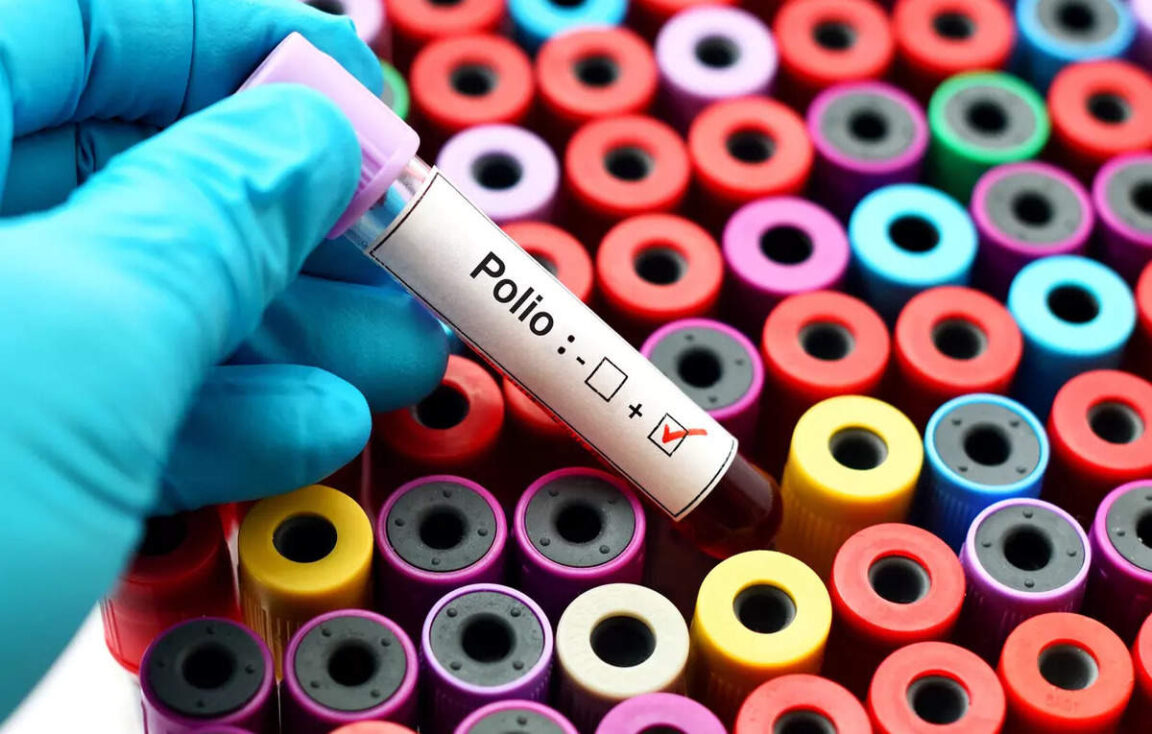
By Bhanvi Satija
Bengaluru: The Global Polio Eradication Initiative (GPEI) needs more funds and has pushed back by three years its target to officially wipe out all forms of the disease, officials said on Thursday.
The coalition now hopes to declare an end to both the wild virus and the vaccine-derived variant by 2027 and 2029, respectively, compared with a previous deadline of 2026 for both forms.
Wiping out the paralysis-causing viral disease has been a global health aim for decades and while mass vaccination campaigns have helped reduce cases significantly since 1988, a complete eradication of polio has proved more difficult. The first missed target was in 2000.
“It’s always as you get to the end… that you say ‘Well, this is so hard,'” said Chris Elias, chair of the polio oversight board at GPEI and head of global development at the Bill & Melinda Gates Foundation. The Gates Foundation is one of the partners in the GPEI alongside the World Health Organization.
But Elias said the progress made in recent decades showed they have both the tools and the will to finish the job.
In an interview with Reuters, Elias said the initiative still hoped to interrupt transmission of the wild form of polio next year, but would then need to wait two years to check there were no new cases before officially declaring the disease wiped out.
Wild polio is now only endemic in Pakistan and Afghanistan, which reported 54 cases this year. The vaccine-derived strain is more spread out and in harder-to-reach geographies, Elias said, and there have been 179 cases this year.
The latter form of polio can occur when children are immunized with a vaccine containing a weakened version of the live virus. They are protected, but the weakened virus excreted by these immunized children can spread and mutate among an unvaccinated population.
The GPEI’s oversight board said it now needs $6.9 billion in total funding, compared with the $4.8 billion previously required.
Donors have committed $4.5 billion so far, but an additional $2.4 billion is required for “urgent and vital tactical shifts” in the approach, the GPEI said.
These include focusing more on local strategies and leadership, as well as countering misinformation in areas where routine immunization is a challenge.
Elias said he was sure it could be done.
“We have succeeded in interrupting polio virus transmission everywhere. We just haven’t succeeded everywhere at the same time … so it’s a little bit like whack-a-mole.”
(Reporting by Bhanvi Satija in Bengaluru; Editing by Jennifer Rigby and Devika Syamnath)


